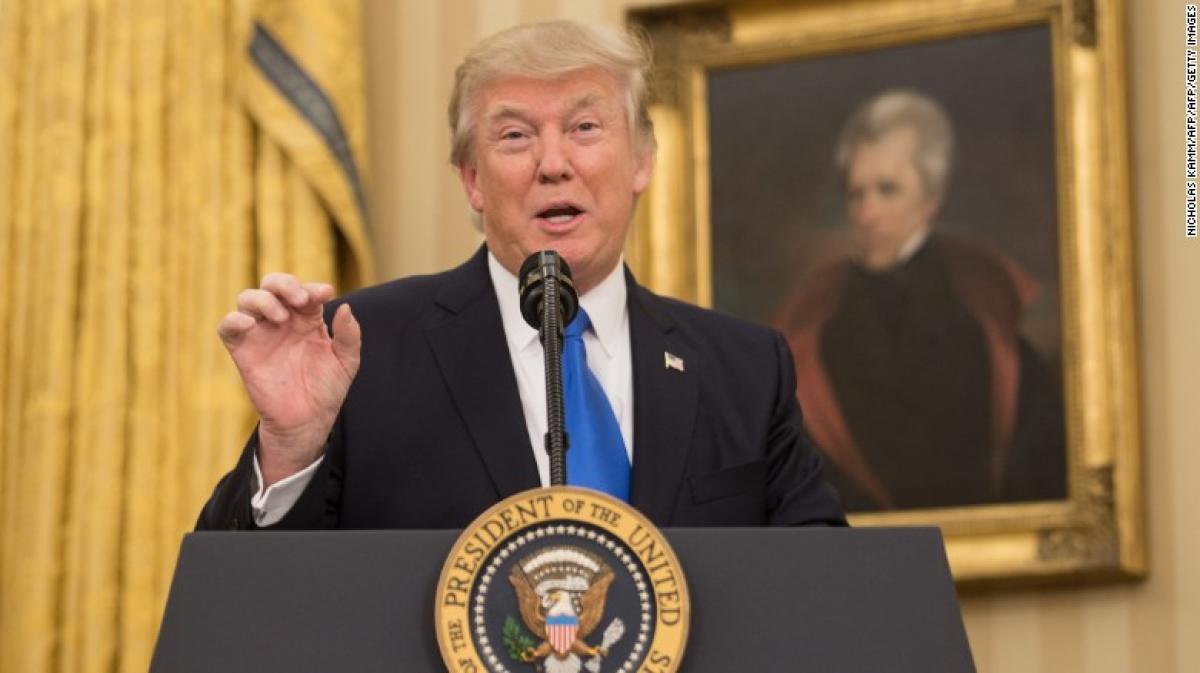Live
- No Telugu Ganga water supply in some wards today
- Press Release - Understanding Men’s Mental Health Challenges FINAL
- International Men’s Day: Make ‘Him’ Feel Truly Special
- Chandrasekhar takes charge as Srisailam temple EO
- Border-Gavaskar Trophy 2024-25: Devdutt Padikkal, Sai Sudarshan back-ups for Indian team for Test matches
- Nayanthara Opens Up About Her Turbulent Past in Netflix Documentary Beyond The Fairytale
- World Toilet Day 2024: Theme, History, and The Importance of Sanitation
- Exercise for over 2 hr every week may boost heart health
- A transformative Leadership: Village Named After a Dynamic IAS Office
- Kanakadasa’s legacy of music, philosophy remembered









